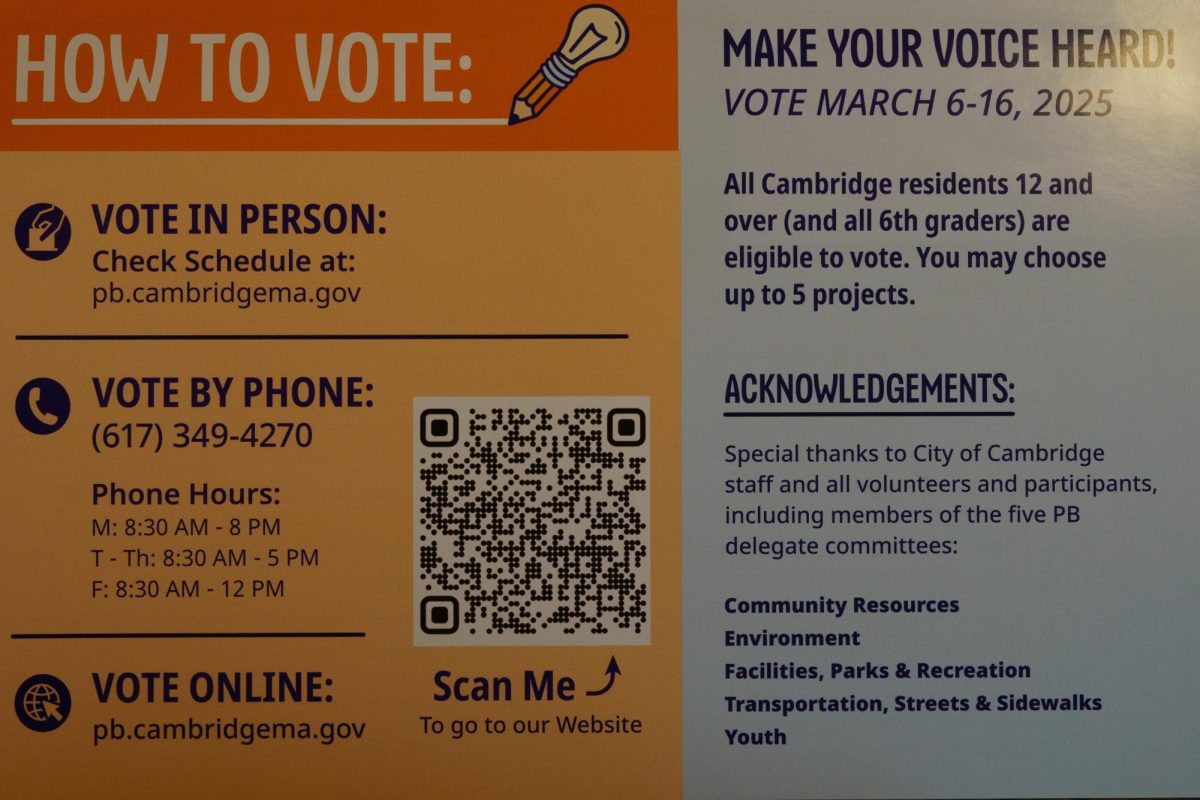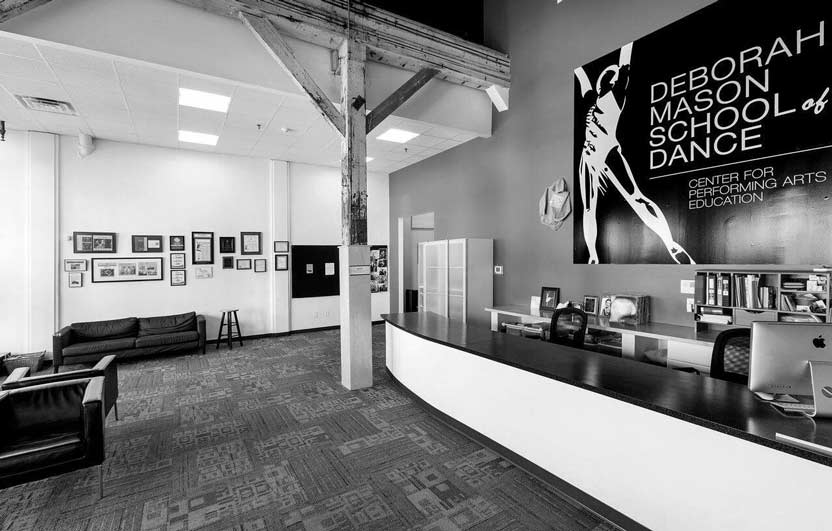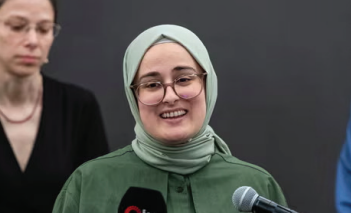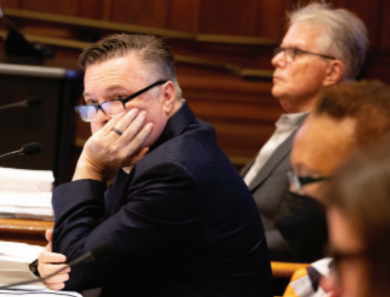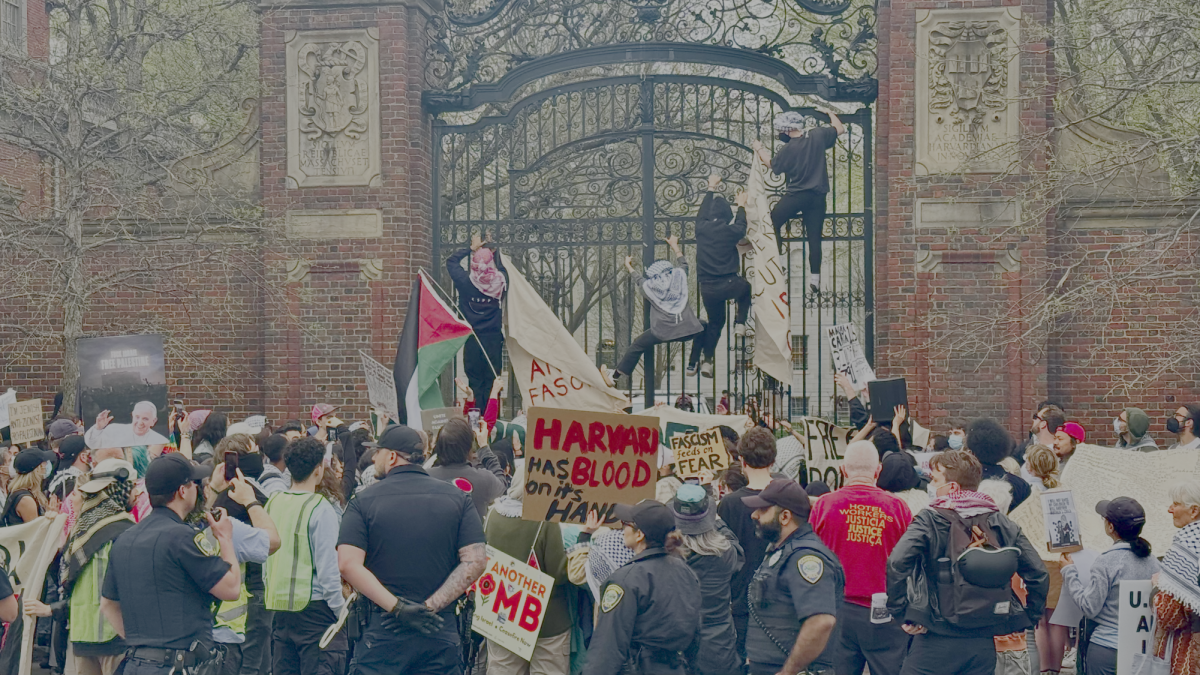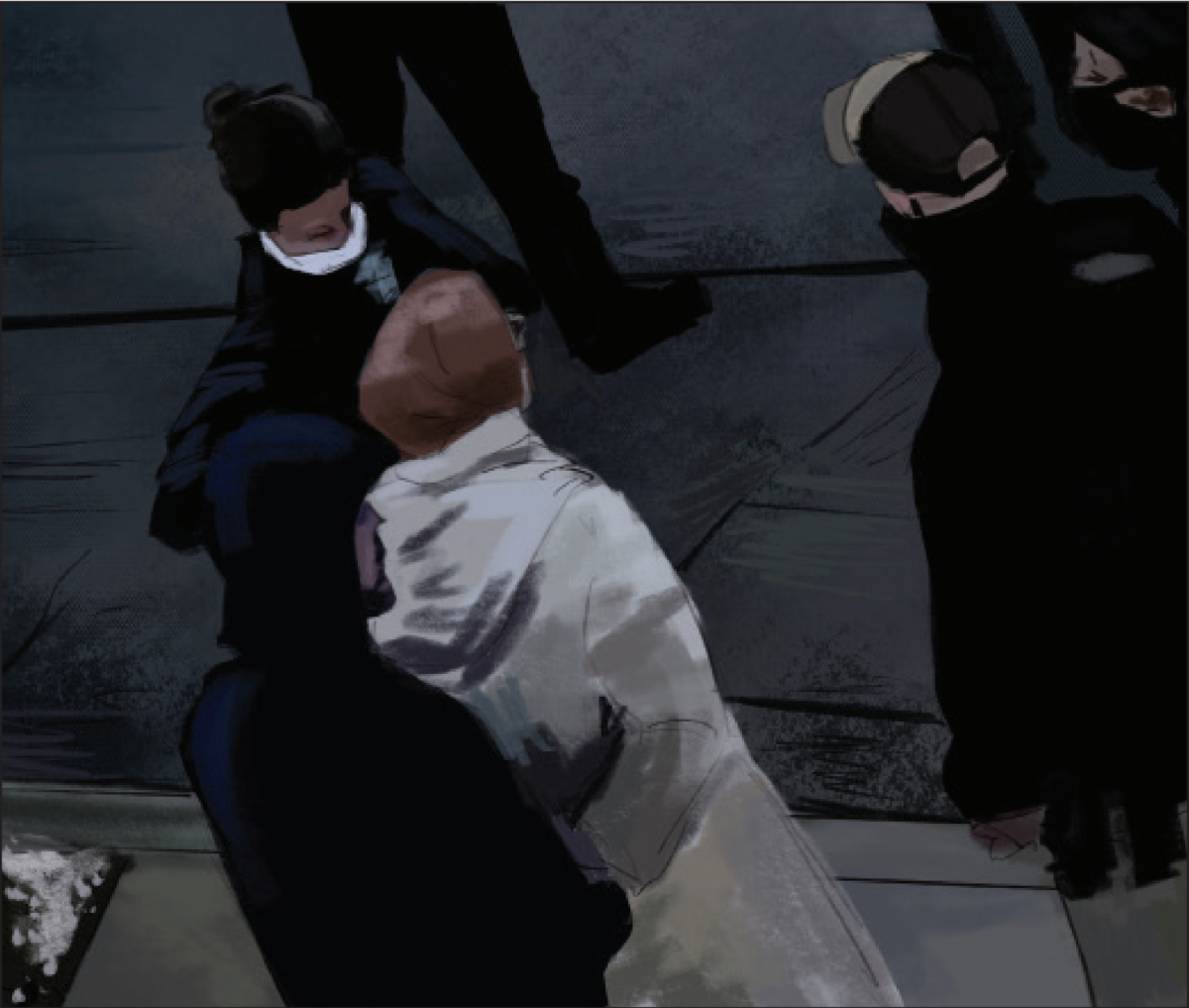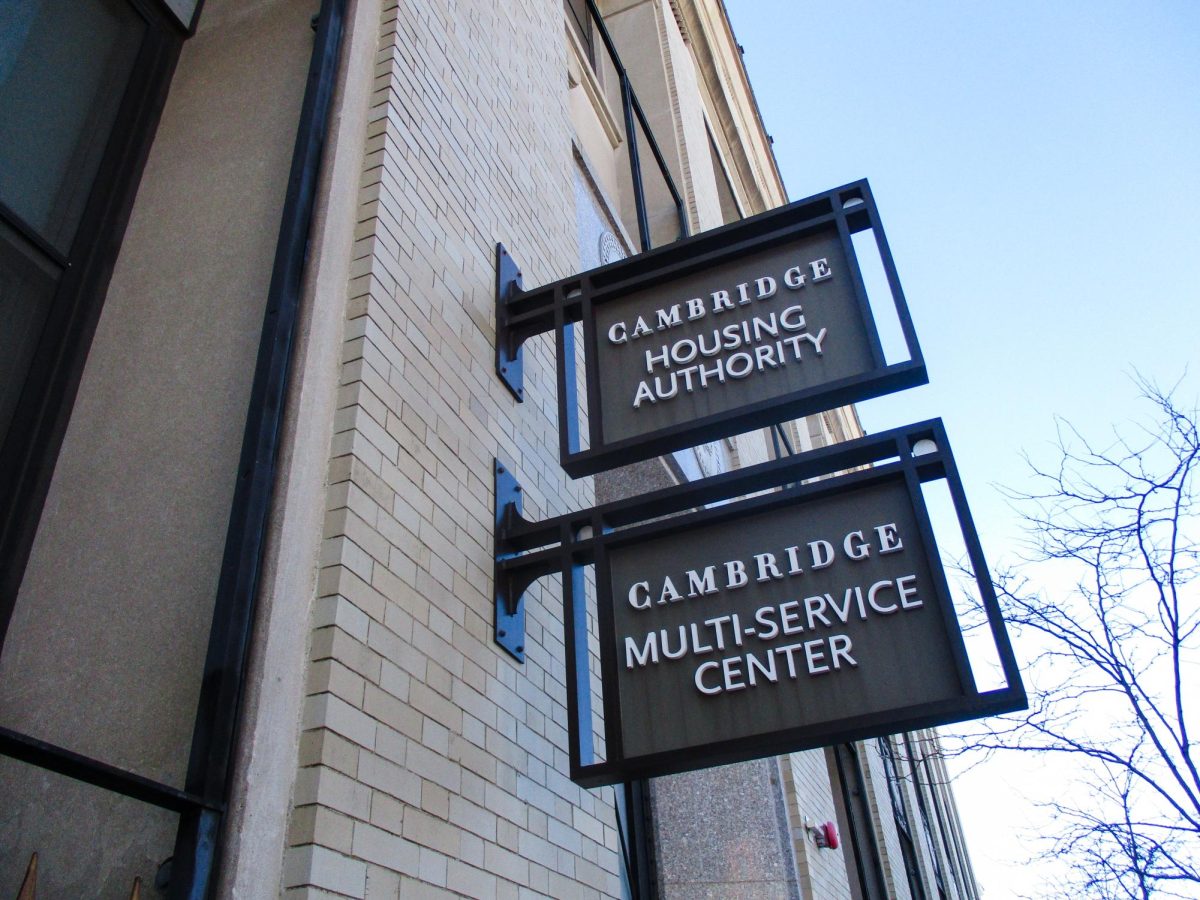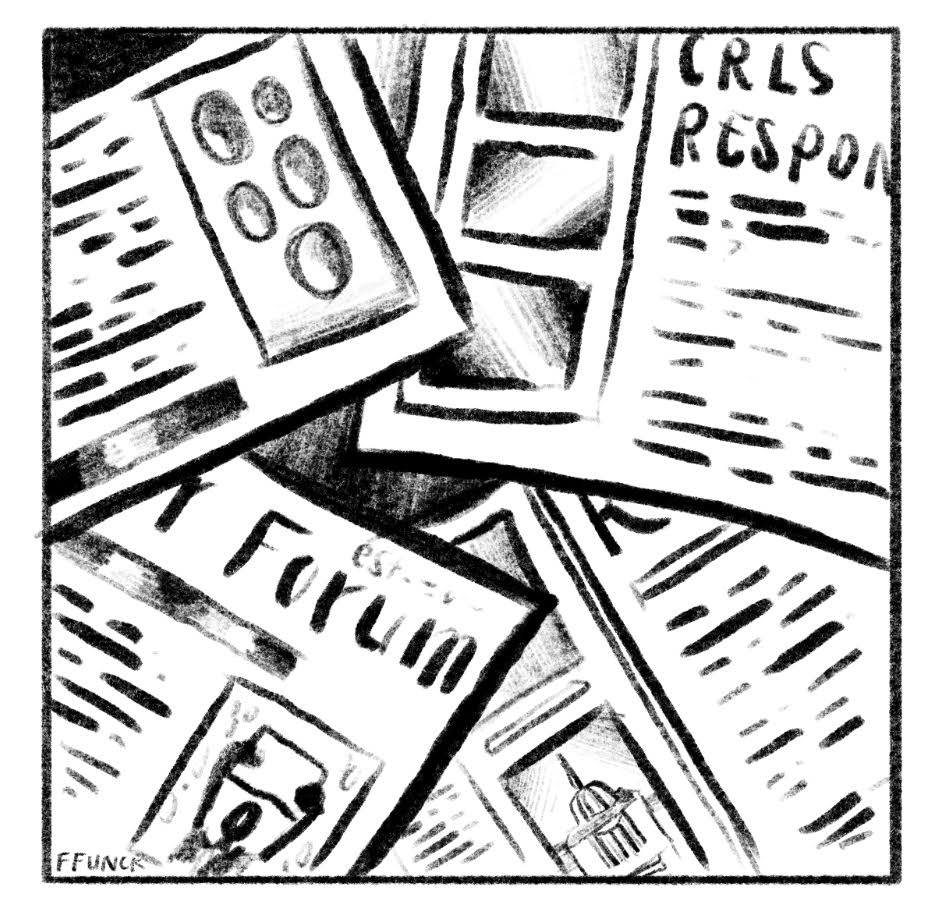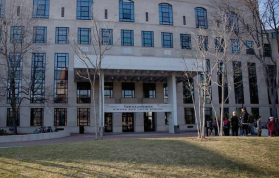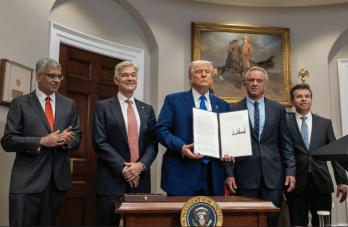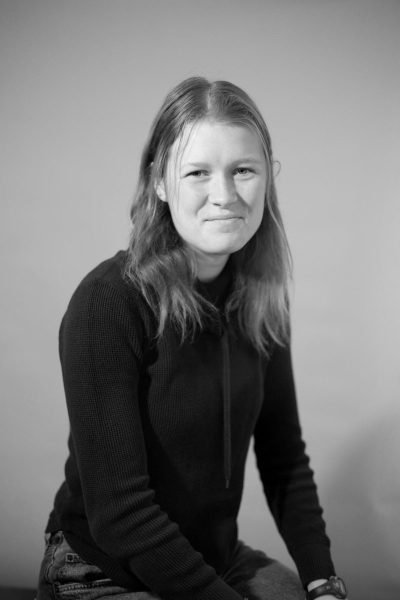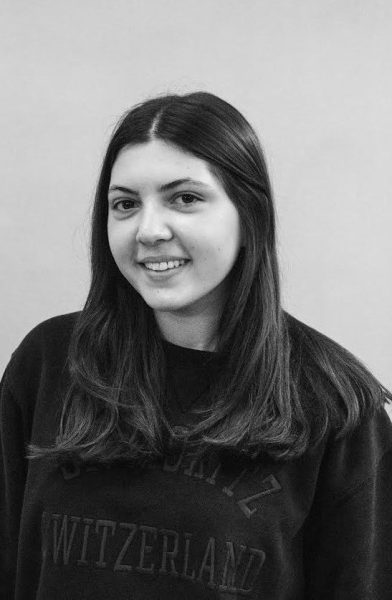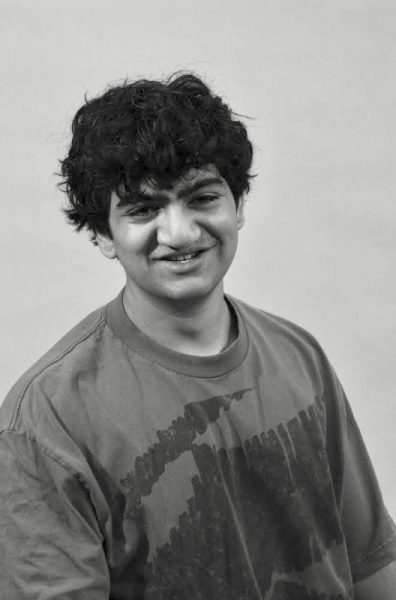From March 6th to 11th, Cambridge held its eleventh edition of participatory budgeting. Aiming for local involvement and city-wide enthusiasm, Cambridge welcomed its citizens, age twelve and above, to vote on the $1,000,000 budget’s distribution; the five winning projects were announced in late March.
Decided on by Cambridge’s Participatory Budgeting cycle, with idea collection and proposal development beginning this past fall, ballot projects span across five broader categories: environment, community resources, youth, facilities and recreation, and streets and transportation. The city plans to implement the five winning proposals beginning in July, adding to Cambridge’s 72 past participatory budget projects.
Out of 1,300 participatory budget proposals submitted to the city this budgeting cycle, twenty surpassed resident volunteer’s expectations and made it onto this year’s participatory budget ballot. From a $200,000 investment in implementing clusters of electric vehicle chargers, to Welcome Baby boxes for new parents and $150,000 in funding for CRLS clubs, citizens were urged to select their top five proposals and submit their vote online, in-person, or over the phone. After voting concludes, the five annually selected projects are designed to be executed in three years.
Encouraging voters to consider the funding for CRLS clubs proposal, Dora Stodolsky ’25, leader of the school’s Model United Nations Club, told the Register Forum, “Club Leaders spend an exhausting amount of time handling and raising funds for our clubs.” She went on to emphasize the benefits, “If this option gets chosen, leaders, members, and advisors will all be able to focus on the true purpose of clubs: creating community and building skills, instead of finding money that should come from the district.”
With an extensive history outside Cambridge, the first instance of participatory budget voting can be traced back more than three decades ago to 1989 in Brazil. Focused on the amplification of citizen’s voices, it soon spread rampantly throughout the world, currently occurring in a staggering 7,500 cities across the globe. In 2014, participatory budget voting found its home in Cambridge, where it has been annually occurring for the last eleven years.
Participatory budgeting has quickly become an integral Cambridge event, with adolescents, teens, and adults voicing their opinions. In a 2024 interview, Cambridge City Manager and Harvard alumni Yi-An Huang ’05 told the Harvard Crimson, “I think this is something that just brings our children into the process,” referring to the young 12-year-old age requirement for voting.
Jackson L. Prince, city principal budget analyst and Participatory Budgeting manager, echoed a similar sentiment, explaining to the Harvard Crimson, “Participatory budgeting is particularly special because it creates a space where someone as young as twelve, or someone who’s a 60-year-old retiree can participate in the same conversation.”
In the past, Cambridge’s participatory budgeting has been a resounding success. Cambridge has voted on funding CRLS new musical instruments, installing water bottle filling stations city-wide, and the further expansion of public bathrooms. Participatory budgeting proves to be an integral part of Cambridge culture—an event where diverse city voices continue to be amplified and pursued.

